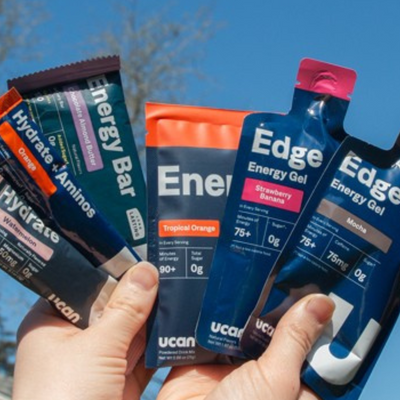When most people hear the term blood sugar, they think about health or diabetes. But for athletes, blood sugar is so much more—it’s the very foundation of energy and performance.
Blood sugar is simply the glucose circulating in your bloodstream. It’s the fuel that powers both your muscles and your brain. Whether you’re logging miles on the road, grinding through intervals, or staying sharp in competition, your performance depends on how well your body manages this fuel source.
The Problem with Spikes and Crashes
If your blood sugar isn’t stable, you feel it. A big spike in glucose can lead to a short-lived energy surge, but what follows is usually a crash: fatigue, loss of focus, and sometimes even stomach issues. For endurance athletes, these swings can make training sessions harder than they need to b and races harder to finish strong.
How Sugary Fuels Make It Worse
Most traditional sports nutrition relies on fast-digesting sugars. These carbs enter the bloodstream quickly, causing sharp rises in blood glucose. While that may give you an immediate burst of energy, it’s usually followed by a dip that leaves you scrambling for your next gel or drink.
Over time, this “chase the high” cycle creates stress, not just for your performance, but for your gut as well, since frequent sugar doses can overwhelm digestion and hydration balance.
The Benefits of Stable Glucose
When blood sugar remains steady, you unlock a completely different level of performance. Stable glucose means:
-
Steady energy that lasts through your workout or event
-
Sharper mental clarity so you can focus on form, pace, and strategy
-
Greater fat utilization, which makes your body more metabolically efficient
Over the long term, keeping glucose controlled doesn’t just help you today. It supports faster recovery, more consistent training, and better metabolic health—all key for sustained performance.
A Smarter Way to Fuel
UCAN was built around this exact principle. Its unique extended-release SuperCarb is designed to deliver a consistent release of glucose, helping athletes avoid spikes and crashes. The result? Smoother energy, better endurance, and a fuel that’s easier on your stomach than sugary sports nutrition.







